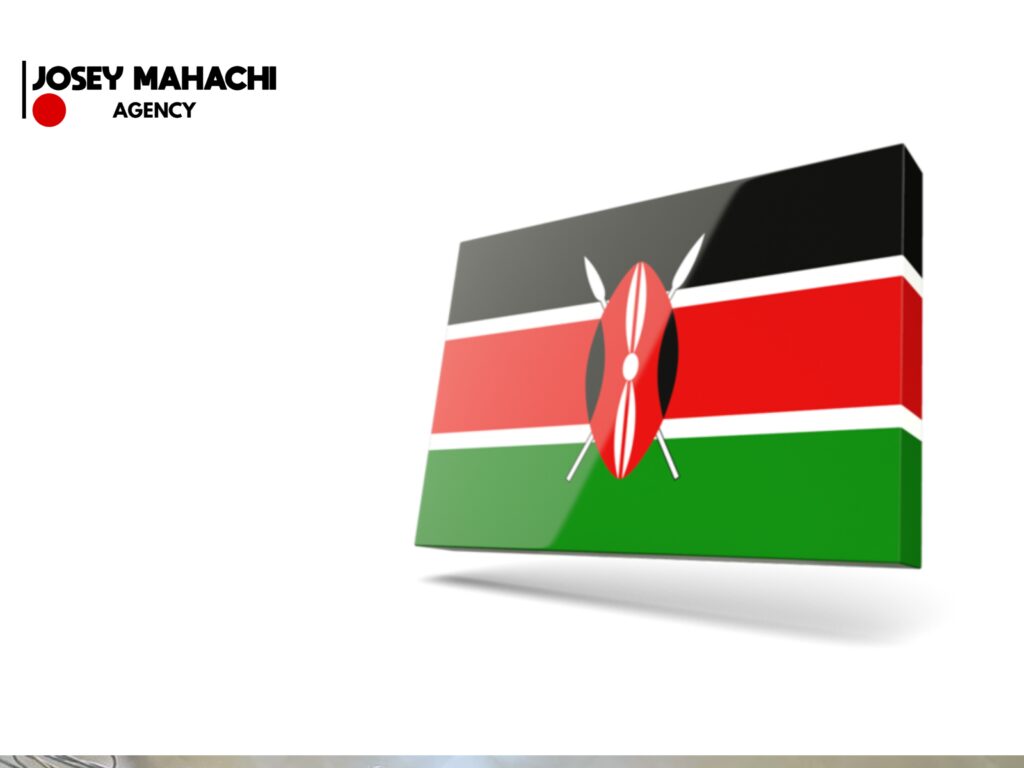By : Lloyd Mahachi
Kenya, once considered a safe haven for refugees, is now facing criticism for its treatment of those seeking protection. The country hosts over 800,000 refugees, mainly from conflict-hit countries like the Democratic Republic of Congo, Eritrea, Rwanda, and South Sudan.
Recently, Kenya deported four Turkish refugees, sparking outrage and concerns about its commitment to protecting refugees. This incident is not isolated, as Kenya has collaborated with foreign security agencies to apprehend and deport individuals deemed threats.
Refugees in Kenya face numerous challenges, including social insecurity, mental health issues, and exploitation. Protracted refugees spend years or even decades in exile, vulnerable and without official citizenship.
The situation is complicated by xenophobia and anti-immigration sentiments in Kenya and other potential host countries. Refugees are often viewed as competition for jobs and resources, leading to marginalization and social separation.
Organizations are working to find long-term solutions through local integration and resettlement. However, more needs to be done to address the root causes of protracted refugee situations and ensure refugees’ safety and dignity.
Kenya’s new refugee law grants refugees the right to work, freedom of movement, and property ownership. But challenges remain, including vagueness in crucial areas, inadequate governance structures, and funding.
Experts recommend developing a comprehensive refugee policy, elevating the Department of Refugee Affairs, providing sustained funding, and streamlining laws for smooth implementation. Kenya’s reputation as a safe haven depends on addressing these challenges.
The international community calls on Kenya to uphold its obligations under international law and protect refugee rights. The country’s response will determine its reputation and the fate of those seeking protection within its borders.
Editor : Josephine Mahachi

